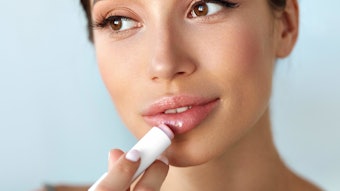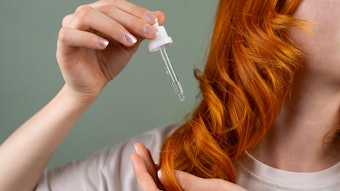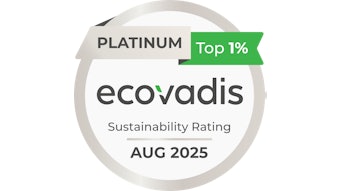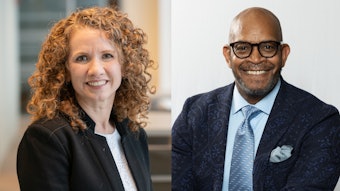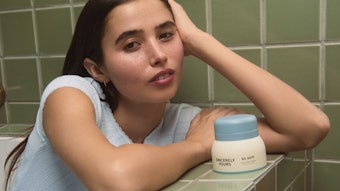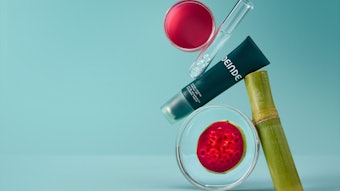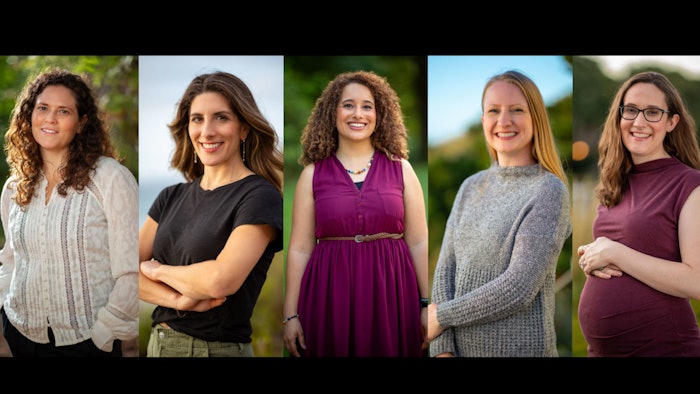
L'Oréal USA demonstrated its commitment to supporting women at the forefront of scientific innovation with the recent announcement of the 2024 For Women in Science (FWIS) awardees, providing five female postdoctoral scientists grants to further their research. The program has been running for more than two decades.
FWIS Awardees Span Multiple Disciplines
The 2024 FWIS awardees represent a range of scientific disciplines and research focus areas; from relationships between microbes, to sustainable cooling technologies and auroras on other planets. The recipients included the following.
- Katherine Ennis, University of California, Berkeley, researches the relationships between microbes, focusing on the often-overlooked impact of bacteriophages (phages). Per L'Oréal USA, unlike most research that concentrates on direct phage-bacteria interactions, her work explores the broader effects phages on entire bacterial communities. She's finding that phages create ripple effects, influencing bacterial evolution and interactions, even among bacteria they don't directly infect. Ultimately, this research aims to improve predictions of microbial interactions impacting agriculture and develop better phage-based treatments for bacterial infections.
- Emily McGuinness, University of Minnesota, develops novel cooling materials by creating special fibers from everyday materials such as plastics and ceramics. These specialized fibers reject sunlight and radiate heat into space through a process called passive daytime radiative cooling (PDRC). Microscopic fiber design enhances both sunlight rejection and heat radiation for efficient cooling. According to L'Oréal US, this technology could help energy-efficient building cooling, reducing energy consumption and environmental impact.
- Caterina Profaci, Scripps Research, studies PIEZO1, a mechanosensor highly concentrated in blood vessel cells (endothelial cells), focusing on its role in adult blood vessels. Her research investigates how PIEZO1 senses and responds to brain blood flow changes, particularly during heightened neuronal activity. Understanding PIEZO1's function could identify new therapeutic targets for protecting the brain from blood flow-related damage, L'Oréal USA reports.
- Andréa Hughes, NASA Goddard Space Flight Center/George Mason University, studies auroras on Mars and Venus, focusing on proton auroras caused by solar wind particles. Her research compares these auroras on planets lacking strong magnetic fields like Earth to understand their formation and evolution. This work uses data from past and current space missions to analyze the auroras' appearance and changes over time. By examining how proton auroras relate to atmospheric loss, as seen on Mars, Hughes aims to further understand planetary evolution and how Earth could change in the future.
- Lastly, Taylor Hersh, Oregon State University, studies how Arctic warming affects bowhead whales, focusing on changes in their vocalizations. Using underwater recordings, she analyzes bowhead whale songs to understand how warming impacts communication and social interactions. Her research reportedly illuminates bowhead whale behavior, including endangered populations, and reveals the complexity of their acoustic communication. Through outreach and mentoring, Hersh uses the bowhead whale to highlight the urgency of climate action.
L'Oréal: Committed to Advancing Women in STEM
“L'Oréal is committed to accelerating women's advancement in STEM by increasing representation, amplifying their accomplishments, and supporting the next generation of change-makers,” said Marissa McGowan, chief sustainability officer for L’Oréal North America. "We know these scientists' ideas and innovations will inform solutions from climate change and sustainable energy to human health and disease. Beyond their research, I am struck by their dedication to mentorship and representation, inspiring future scientists and redefining what women in science truly means."
About the For Women in Science Program
The FWIS program, the U.S. component of the global L'Oréal-UNESCO For Women in Science International Awards, reportedly embodies L'Oréal's belief in the essential role of women in science. It aims to create community and connection for women postdoctoral researchers "as they pursue ambitious research projects and attain leadership positions in their fields."
Since 2003, the L'Oréal USA FWIS program has supported more than 100 women scientists, awarding more than $5 million in grants. L'Oréal USA honored the 2024 For Women in Science recipients at an awards ceremony in Washington, D.C., on Nov. 14, 2024.


